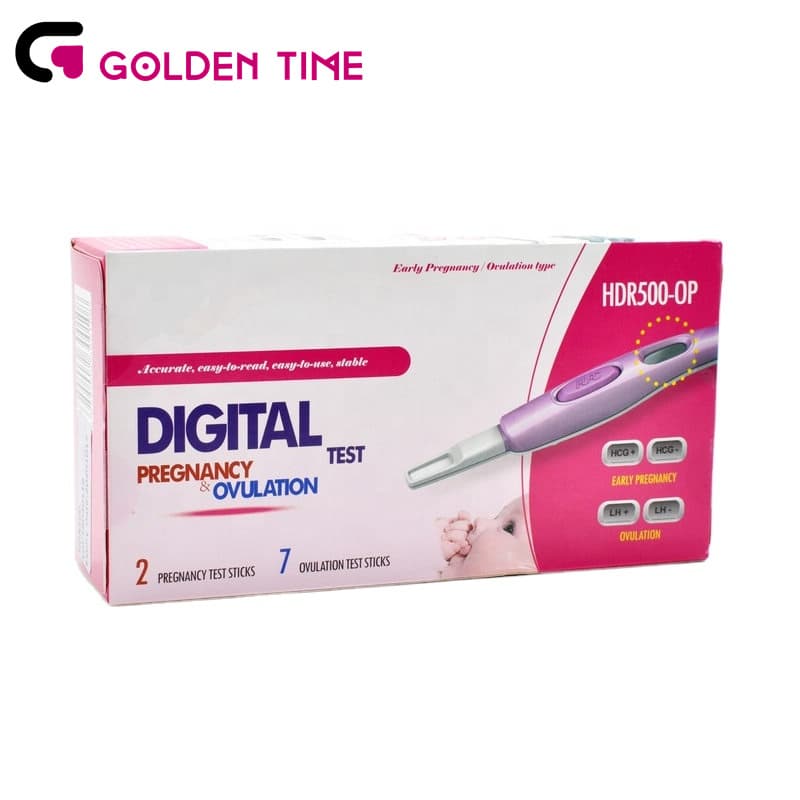Dec . 06, 2024 14:03 Back to list
Top Home Testing Kits for H Pylori Detection from Leading Manufacturers
The Rising Trend of At-Home H. Pylori Testing A Focus on the Best Manufacturers
In recent years, the healthcare landscape has significantly transformed, particularly with the advent of at-home testing kits for various medical conditions. One such advancement that has gained considerable attention is the at-home test for Helicobacter pylori, commonly referred to as H. pylori. This bacterium is notorious for causing gastric problems, including ulcers and gastritis, making its detection crucial for effective treatment. The convenience of at-home testing has made it a preferred choice for many, but the question remains who provides the best products in this burgeoning market?
Understanding H. Pylori and Its Implications
H. pylori is a type of bacteria that can infect the stomach lining. It is linked to various gastrointestinal disorders, including peptic ulcers and even gastric cancer. Traditional methods of detection often require endoscopic procedures, which can be invasive and uncomfortable for patients. The introduction of at-home tests offers a non-invasive alternative, allowing individuals to check for the presence of this bacterium with relative ease and privacy.
The At-Home Testing Experience
At-home H. pylori tests typically involve a simple process. Most of these kits require a small stool or breath sample, which is then sent to a laboratory for analysis. Results are generally available within a few days, allowing individuals to quickly understand their health status without the need for a hospital visit. This streamlined process is particularly beneficial for individuals who may experience anxiety in clinical settings or those who prefer to manage their health in a more autonomous way.
Identifying the Best Manufacturers
With the growing demand for at-home H. pylori tests, various manufacturers have emerged. Here are some key factors to consider when identifying the best options available in the market
1. Accuracy and Reliability The most crucial aspect of any medical test is its accuracy. Leading manufacturers invest in rigorous testing and validation of their products to ensure reliable results. Look for kits that have received approval from relevant health authorities, such as the FDA or CE marking in Europe.
best best h pylori test at home manufacturer

2. Ease of Use The best at-home tests are designed to be user-friendly, with clear instructions to guide users through the process. Comprehensive customer support can also play a critical role in enhancing the user experience.
3. Time for Results Fast turnaround times from sample collection to result reporting are desirable. Manufacturers that ensure quick processing times offer added convenience, enabling individuals to address any potential health concerns swiftly.
4. Customer Reviews and Reputation Exploring customer feedback can offer insights into the performance and reliability of the products. Established companies with positive reviews and a good reputation in the healthcare community are often the safest choices.
5. Cost-Effectiveness While some at-home tests can be expensive, many reputable manufacturers provide affordable options without compromising on quality. Comparing prices across different brands while considering their features and accuracy can help consumers make informed decisions.
Leading Brands in the Market
Several manufacturers have established themselves as leaders in the at-home H. pylori testing market. Brands such as … (hypothetical examples) have received acclaim for their commitment to quality and user satisfaction. They offer comprehensive kits that include all necessary materials, easy-to-follow instructions, and swift laboratory processing. Additionally, consistent positive feedback from healthcare professionals reinforces their credibility.
Conclusion
The emergence of at-home H. pylori testing provides an empowering option for individuals concerned about their gastrointestinal health. The ability to conveniently test for this bacterium from the comfort of home can lead to earlier diagnosis and treatment, potentially preventing more serious conditions. As the market continues to expand, discerning consumers should look for manufacturers that prioritize accuracy, ease of use, and strong reputations. With the right choice, at-home testing can be a valuable addition to one’s health management toolkit, promoting proactive and informed approaches to personal health.
-
Malaria Pf Ag Rapid Test Kit - Quick & Accurate Detection
NewsAug.11,2025
-
Accurate Cardiac Marker CK-MB Rapid Test for Quick Results
NewsAug.10,2025
-
Premium Empty ABS Plastic Cassette for Test Strips
NewsAug.09,2025
-
Sterile Urine Cup: Accurate Specimen Collection for Labs & Home
NewsAug.08,2025
-
Malaria Pf/Pan Ag Rapid Test Kit for Fast, Accurate Diagnosis
NewsAug.07,2025
-
Rapid Canine Corona Test: Fast & Accurate Results
NewsAug.06,2025

